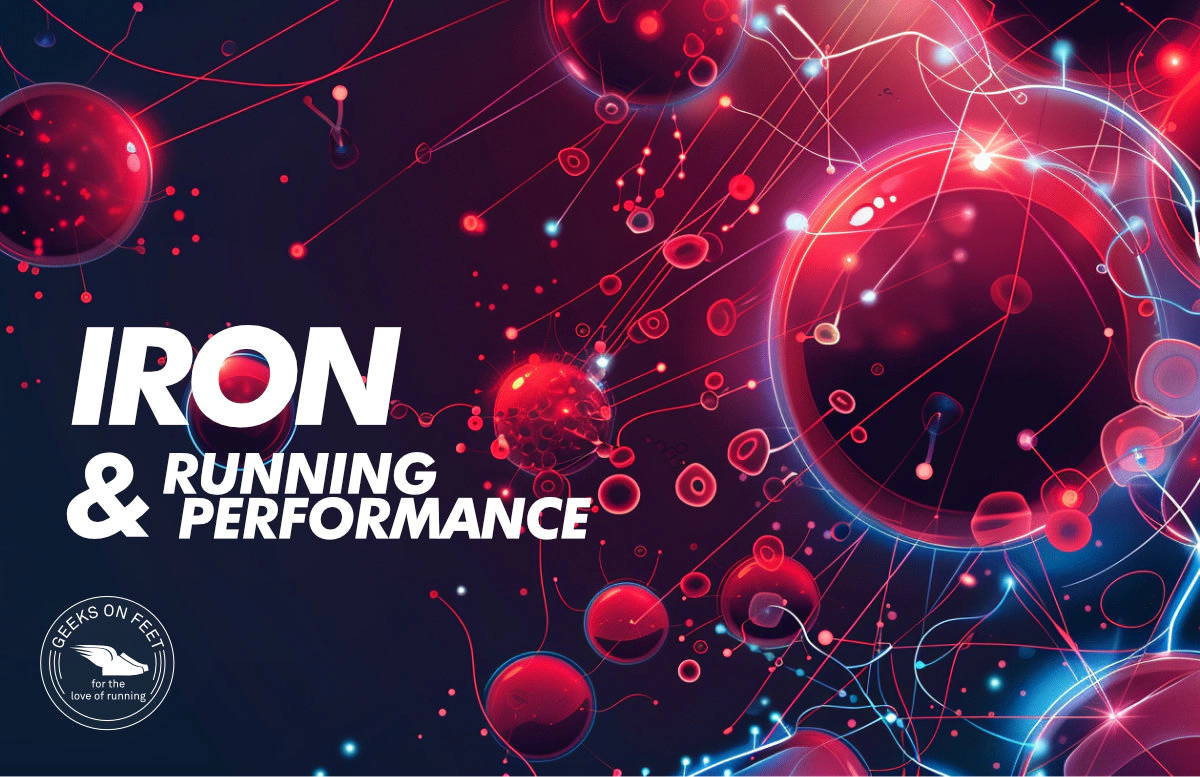
You may know this feeling, sometimes, every step of your running feels like a slog, your form tanks, and no amount of gels or coffee can seem to perk you up. Sound familiar? The culprit could be something as simple, and as essential, as iron.
Iron plays an important role in your body’s ability to transport oxygen. It’s a key component of hemoglobin, the protein in red blood cells that carries oxygen from your lungs to your muscles. When you’re running at intensity, your muscles are screaming for oxygen—and iron is the delivery service.
Low iron levels can lead to iron deficiency anemia. Symptoms can include fatigue, heavy legs, shortness of breath, and slower recovery times. Not exactly what we want during training, right?
Runners, especially long-distance athletes, are at a higher risk for iron depletion due to several factors:
Indian diets are often rich in plant-based foods, which are great for overall health but sometimes lower in bio-available iron. While a plant-based diet can provide plenty of non-heme iron it is harder for the body to absorb.
If you suspect an issue, you can get your ferritin levels checked. Ferritin is a marker of your iron stores and provides a clearer picture than hemoglobin alone.
Ferritin
Ferritin is a protein that stores iron in your cells and regulates iron availability. When the body needs iron, ferritin releases it into the bloodstream. Ideal ferritin levels for runners typically range from 35–50 µg/L.
The recommended daily intake for iron varies for regular people is :
Runners may need up to 30% more iron than non-athletes to account for the extra loss through sweat, foot strikes, and increased demand from endurance training.
Pro Tips
Vitamin C: Pair plant-based iron sources with vitamin C-rich foods like lemons, oranges, and tomatoes, to boost absorption.
Cook in Cast Iron: Traditional Indian cooking often uses iron kadhai or tawa, which can increase the iron content of food.
Iron supplements can be extremely useful if your levels are low, but they’re not for everyone. Too much iron can be harmful, so only take supplements under the guidance of a doctor.
If you do supplement
Since the focus of the article is to highlight the importance of the iron, and to raise the awareness of deficiency, it may seem complicated. With the right foods, habits, and awareness, you can easily hit your iron levels.
This article is compiled by Team GeeksOnFeet for the love of running. If you have any questions or suggestions, feel free to reach out to us at [email protected].